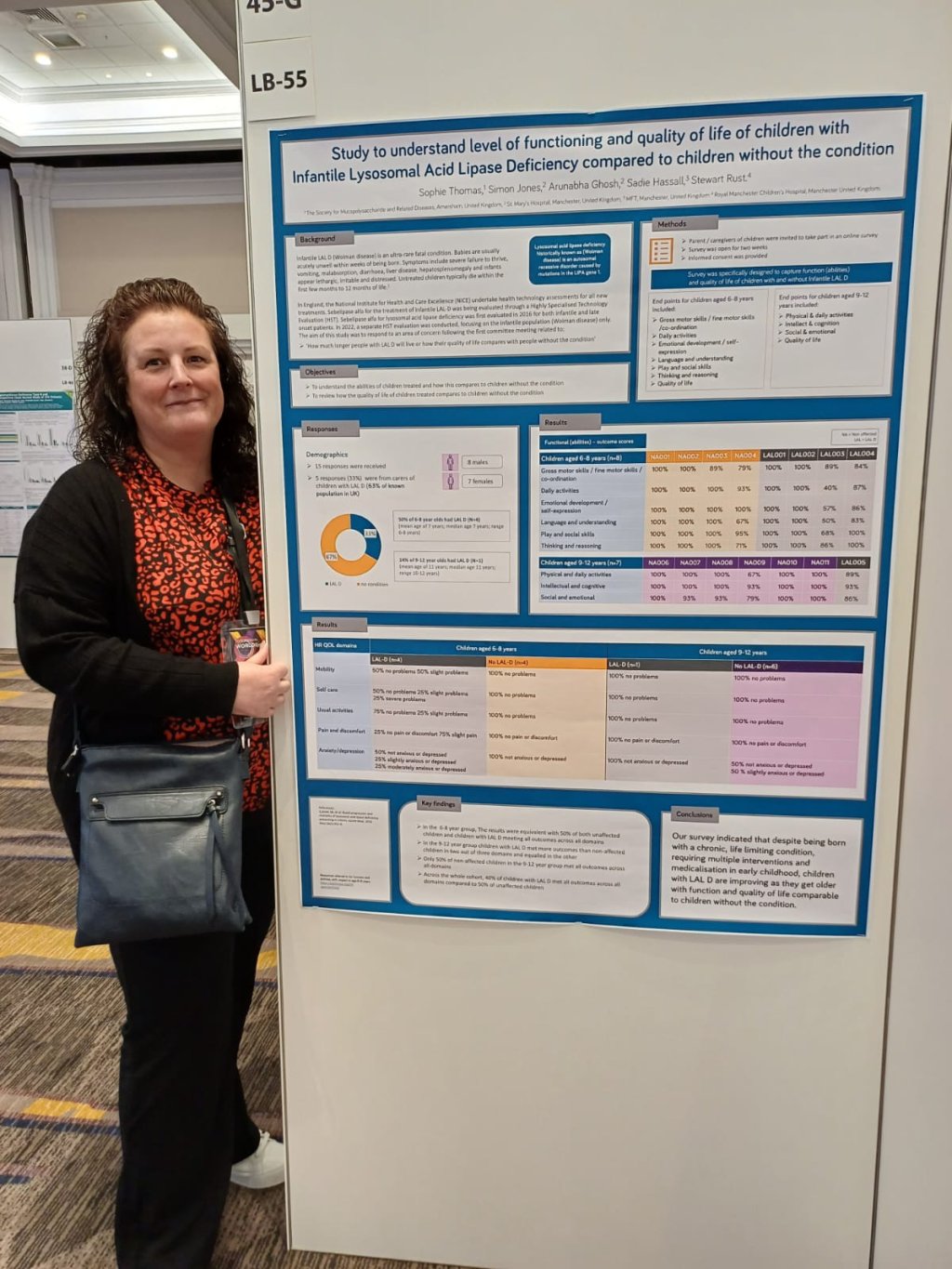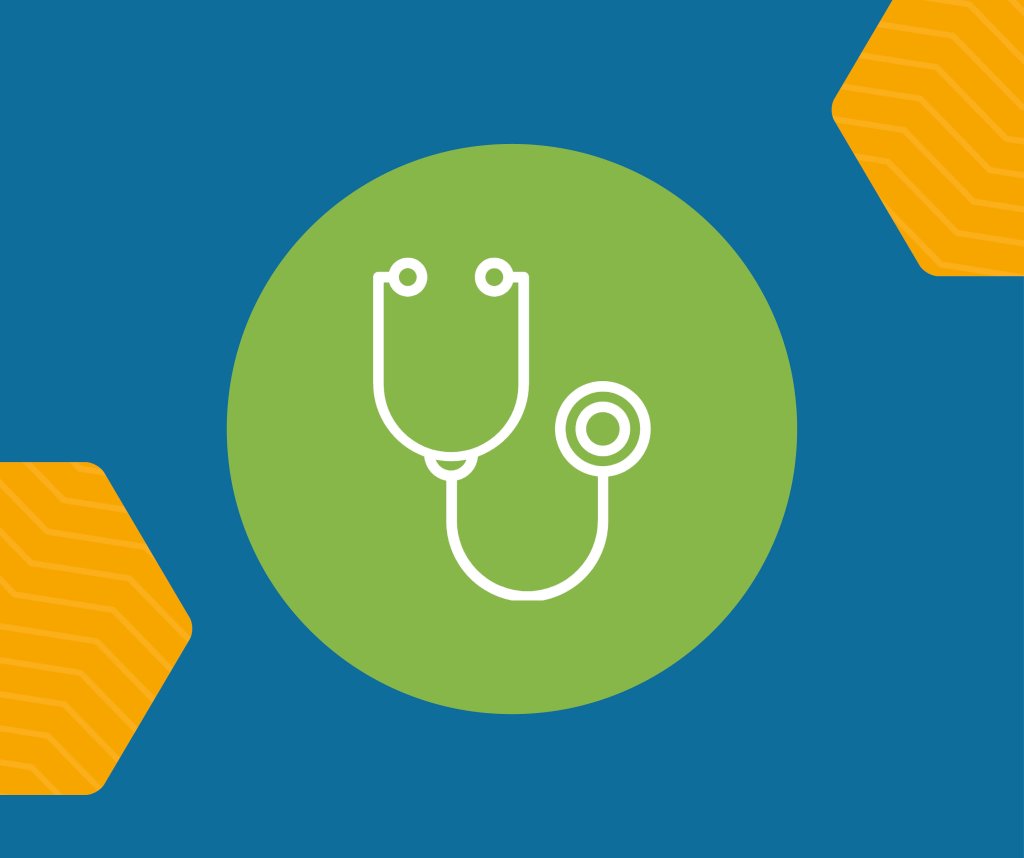What is MPS IX?
MPS IX, known as Natowicz disease, is one of the mucopolysaccharide storage diseases. MPS IX was first noted in 1996.
Mucopolysaccharides are long chains of sugar molecules used in the building of bones, cartilage, skin, tendons and many other tissues in the body. In the course of normal life there is a continuous recycling process of building new mucopolysaccharides and breaking down old ones. The breakdown and recycling process requires a series of special biochemical tools called enzymes.
People with MPS IX are low in an enzyme called hyaluronidase which is essential in breaking down mucopolysaccharide hyaluronan. When hyaluronan is not completely broken down it remains stored in the body, and this casues the symptoms of MPS IX.



